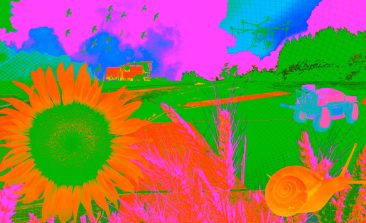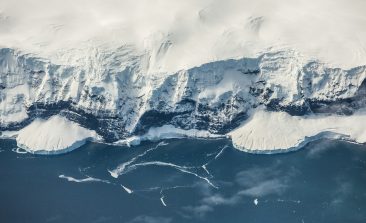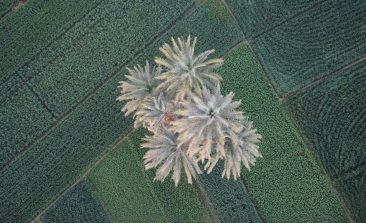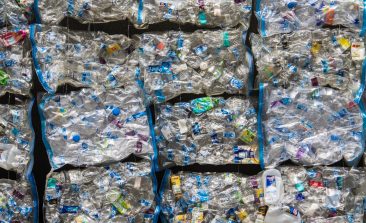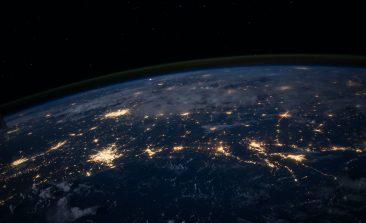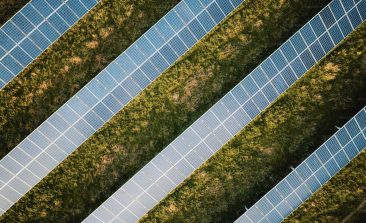Content to: Artificial Intelligence
Identify Plants With the Flora Incognita App – And Support Important Biological Research
AI-supported plant identification app Flora Incognita provides users with the names of previously unknown plants, turning you into a citizen scientist.
Digitalisation Can Advance Sustainable Agriculture – Under Certain Conditions
Digitalisation has long since arrived in agriculture. But how do these developments contribute to environmental and climate protection? We present solutions.
Why a Digital Twin of the Arctic Has “The Potential to be Game-Changing”
PolArctic, a start-up using modelling technology and artificial intelligence to create a digital twin of the Arctic, will map out existing climate impacts on the area – and predict new ones.
Data Instead of Guesswork: The Great Potential of Agricultural Monitoring
Using digital methods, researchers from Egypt have succeeded in calculating the soil quality of huge areas with 32 random samples. The project shows how important monitoring is for agriculture.
The Rise of Precision Agricultural Robots Paving the Way for Delicate Crop Handling
Modern agricultural robots pick even delicate fruits such as strawberries or tomatoes. They are could be set to solve several big problems in agriculture.
Super-Sorting Robots Help Unlock the Full Potential of Recycling
Inefficient sorting means 25 percent of materials end up wrongly in landfills. AI is increasingly helping recycling centres ensure everything ends up where it belongs.
Destination Earth: Navigating the Future through Climate Change Prediction and Human Interaction
Destination Earth utilises cutting-edge technology to forecast climate change effects and analyse human interactions with the environment.
The Power of Nowcasting to Achieve More Efficient Solar Energy Grids
To date, nowcasting research has primarily concentrated on rainfall prediction, while solar forecasting remains relatively unexplored. Advances in the field are crucial for improving solar energy reliability and efficiency.
Revolutionising Reforestation: How AI-backed Funding is Combatting ‘Phantom’ Carbon Offsets
Recent investigations have revealed that over 90% of rainforest offset credits are likely illegitimate. Could AI be offering a solution?

